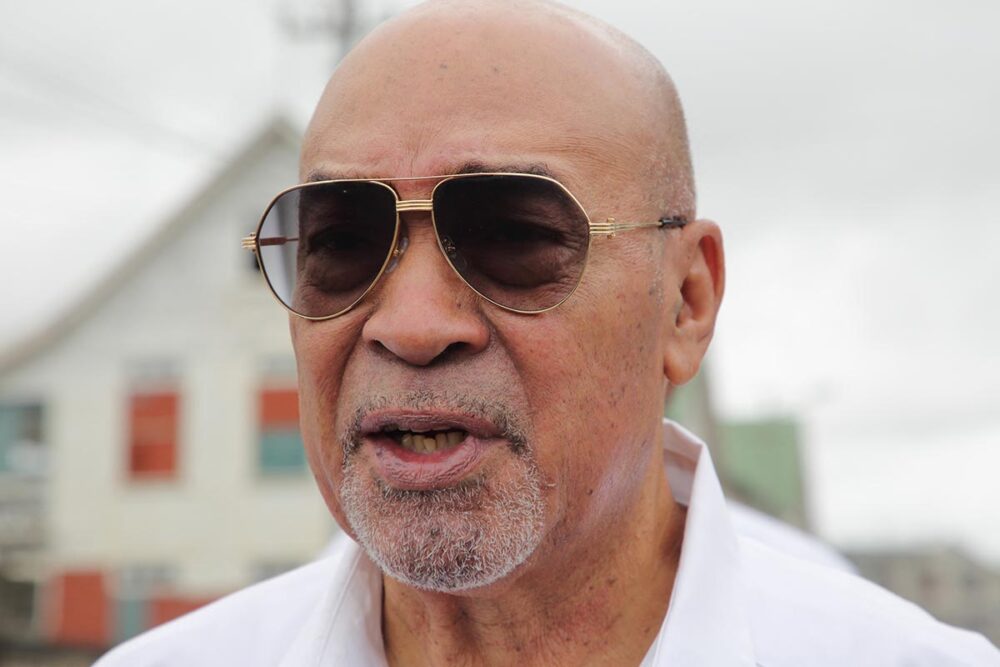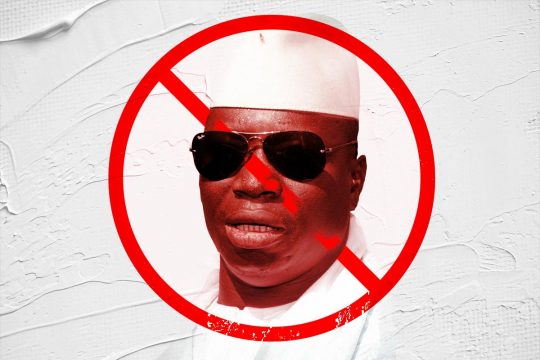To listen to the podcast, click on the "play" button below:
Police in Suriname have issued an arrest warrant for the convicted former President Desi Bouterse, after he failed to report to prison last week.
After years of legal wranglings the former dictator and convicted drug trafficker was recently sentenced to 20 years in prison for his role in the 1982 killings of his political opponents, know as the ‘December murders’. He has since gone missing and his wife has told reporters he is not going to turn himself in to authorities.
Bouterse became the dictator of Suriname in 1980, after leading a coup to overturn the government.
In the early years of his rule he instituted evening curfews, a gag on the media and banned political parties. It’s during this period that 15 prominent opponents of Bouterse were tortured and shot, now know as the ‘December murders’.
He was later democratically elected as president from 2010 to 2020.
This week we sit down with human rights lawyer, International Commission of Jurists member and friend of the pod Reed Brody, who has been closely following the case. We look back at what happened in 1982, why Bouterse’s case and conviction took so long and what it says about Suriname’s legal system that a political leader was in fact prosecuted.
But it’s not all Suriname, we get Reed’s thought on the International Court of Justice’s recent South Africa vs Israel hearings and we touch upon another controversial figure in international law and politics, Henry Kissinger.
 ASYMMETRICAL HAIRCUTS
ASYMMETRICAL HAIRCUTS
This podcast has been published as part of a partnership between JusticeInfo.net and Asymmetrical Haircuts, a podcast on international justice produced from The Hague by journalists Janet Anderson and Stephanie van den Berg, who retain full control and independence over the contents of the podcast.






